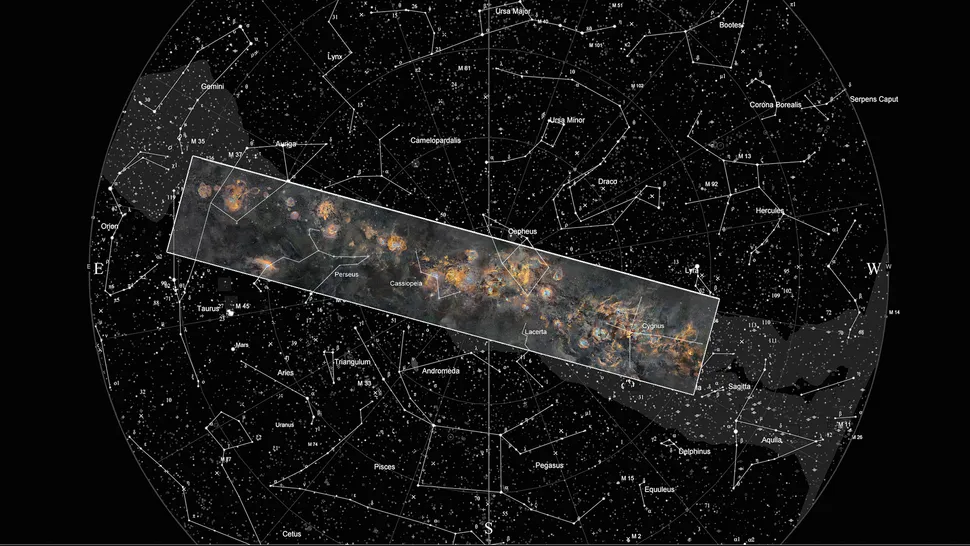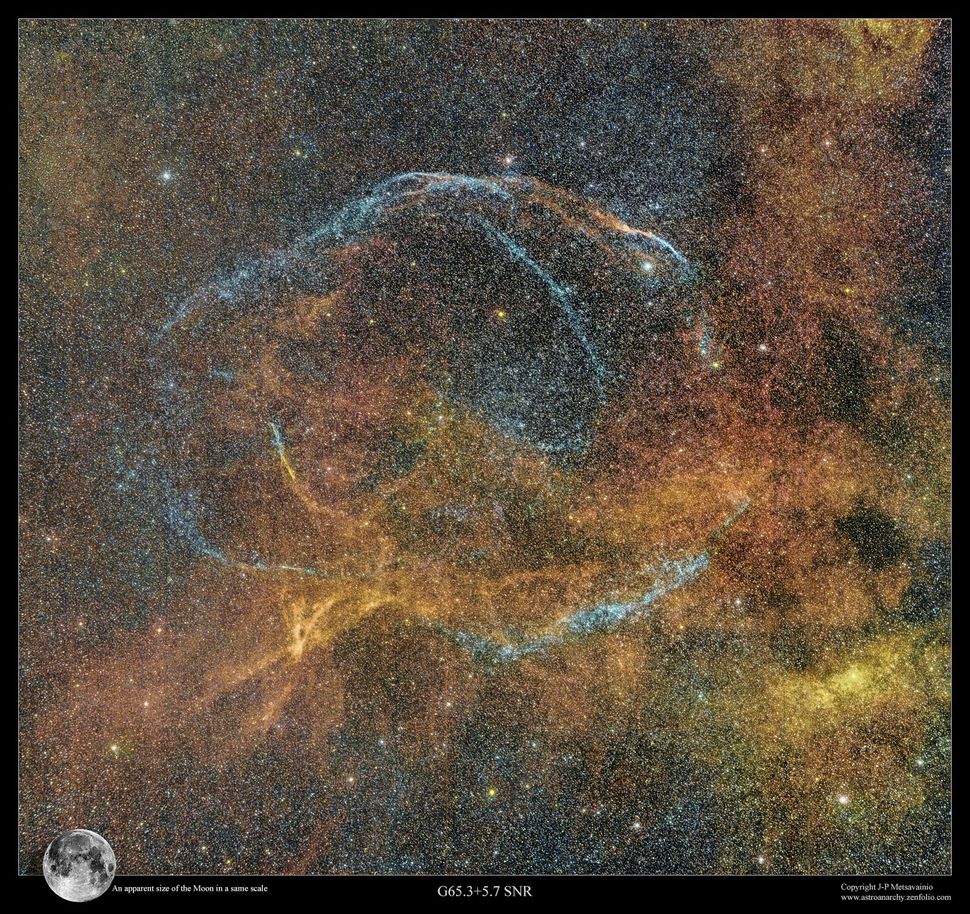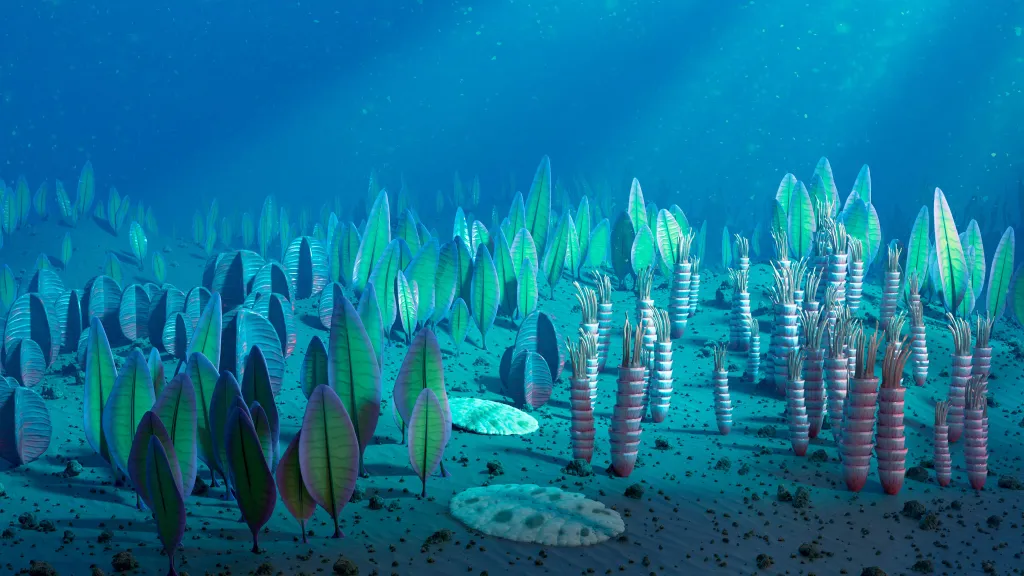The Zen of Technology & Scientific Discovery! (& Robots)
Collapse
X
-
Amazing what a drop of water can do 合掌,生開
合掌,生開
gassho, Shokai
仁道 生開 / Jindo Shokai
"Open to life in a benevolent way"
https://sarushinzendo.wordpress.com/Comment
-
Okay, enough enough ...
(I annoyed some relatives this week by animating some old photos of them, and my late Grandmother, plus my late father singing James Brown's 'I feel good.' They were not happy.)
Gassho, J
STLahLast edited by Jundo; 03-10-2021, 12:49 AM.ALL OF LIFE IS OUR TEMPLEComment
-
Oh, all the mysteries that come together as the very ground which we walk on ... and the wondrous ways we figure them out ...
Gassho, JEarth [seems to have] a hidden layer, and no one knows exactly what it is
Earth might have more layers than scientists thought.
New research finds that there may be a hidden layer inside the Earth's solid inner core — an inner-inner core, if you will. The precise nature of this layer is mysterious, but it could have something to do with changes in the structure of iron under extreme temperatures and pressure. The study reveals that there is more complexity to the inner core than previously appreciated, said Jo Stephenson, a doctoral student in seismology at Australian National University in Canberra, who led the research.
"It's not just a solid ball of iron," Stephenson told Live Science.
Earth's core comes in two parts. The liquid outer core starts about 1,800 miles (2,897 kilometers) from the surface of Earth and is made of liquid metals at temperatures of 4,000 to 9,000 degrees Fahrenheit (2,204 to 4,982 degrees Celsius). At about 3,200 miles (5,150 km) below Earth's surface, the core transitions to solid iron (and a bit of nickel).
The first inklings that there might be something interesting lurking at the center of the inner core came as far back as the 1980s. Because there's no way to get to the inner core, where temperatures approach those at the surface of the sun, scientists use earthquake waves to make images of the core. Waves from an earthquake on one side of the planet that are detected on the other side of the planet carry subtle changes that scientists can use to recreate an image of what they've passed through.
Strangely, when waves pass through the core from north to south, they travel faster than waves passing through the core parallel to the Earth's equator. No one knows why this is, Stephenson said, but it's a consistent finding. The technical term for this oddity is anisotropy.
But at the very center of the inner core, something seems to be different, scientists noticed in the early 2000s. At this depth, the anisotropy seemed not to match that of the rest of the inner core.
"This isn't just noise in the data, this is really something that's there," Stephenson said.
But it's not easy to say what that something is. The researchers are now working with mineral physicists and geodynamicists to try to come up with models of the inner-inner core that would explain this change. As the planet cools, the inner core is cooling and expanding, Stephenson said, so the inner-inner core structure could have something to with the way iron crystallizes as it cools, or it could be due to changes in the way the metal behaves at great temperatures and pressures.
https://www.livescience.com/new-eart...nner-core.html
STLahALL OF LIFE IS OUR TEMPLEComment
-
Unfortunate but true, it's not that hard to find folks who just can't lighten up !!They were not happy.)
gassho, Shokai
stella!!合掌,生開
gassho, Shokai
仁道 生開 / Jindo Shokai
"Open to life in a benevolent way"
https://sarushinzendo.wordpress.com/Comment
-
Zen folks are students of how the memory plays tricks. But sometimes they are helpful tricks.
Gassho, JYour brain warps your memories so you can remember them better
Accuracy isn't always better for recalling memories.
This exaggeration is in the service of good, however. New research finds that when people exaggerate the differences between similar memories, they recall them better. The findings could help explain why memory works, and why it often declines with age.
The research involved asking people to match faces to objects, which often differed only slightly in color. When people mentally exaggerated the color differences between the objects, they were better at recalling which face went with which object. Brain imaging showed that this exaggeration was tied to activity in a region of the brain called the lateral parietal cortex.
https://www.livescience.com/brain-di...-memories.html
STLahALL OF LIFE IS OUR TEMPLEComment
-
A cancer drug developed without animal testing. Future looks a bit brighter for furry scientent beings. . https://www.google.com/amp/s/www.tim...mal-tests/amp/
. https://www.google.com/amp/s/www.tim...mal-tests/amp/
Comment
-
A panorama of our extended family ...

Here's a look at the orientation of the Milky Way mosaic.An eye-popping new image of the Milky Way took 12 years and 1,250 hours of photographic exposure to create.
The photo mosaic is the work of J-P Metsavainio, a Finnish photographer who specializes in astronomical imagery. Metsavainio shared his work on his blog, Astro Anarchy Observatory. The mosaic is 100,000 pixels wide, stitched together from 234 individual mosaic panels that cover 125 degrees by 22 degrees of the night sky.
When Metsavainio started the photographic process more than a decade ago, he knew he wanted to make a full Milky Way mosaic, he told Live Science. But each shot that makes up the mosaic was its own piece of art, he said.
https://www.livescience.com/amazing-...ay-mosaic.html

By painstakingly merging these frames together, though, Metsavainio can create a mosaic that is both broad, covering the Milky Way as it looks stretched across the sky, and detailed. His favorite features, he said, are the extremely dim supernova remnants that his cameras managed to pick up. These leftovers from exploded stars can be photographed only by extremely long exposures, in which the camera lens is left open for hours at a time to allow enough light to shine through from the objects. One remnant, the Cygnus Shell, required 100 hours of exposure to photograph, Metsavainio said. Another, called G65.3+5.7, required 60 hours of exposure. These supernova remnants appear as light blue rings or bubbles amid brighter orange and yellow stars.
And that's just part of OUR galaxy! The known universe is said to contain about 100 billion, and that's just the parts we can know ...
AND YET, Zen Buddhists drop all idea of big vs. small, here vs. there, me vs. not me ... returning to the singularity from which all arose, and which we have never truly left!
Gassho, J
STLahALL OF LIFE IS OUR TEMPLEComment
-
If I had not already had a heart attack in the ER, seeing this might give me a heart attack ...
Gassho, J
STLahALL OF LIFE IS OUR TEMPLEComment
-
Wow... Cool! and a little scary, yes
and a little scary, yes 
Gassho,
Washin
stlahKaidō (皆道) Every Way
Washin (和信) Harmony Trust
----
I am a novice priest-in-training. Anything that I say must not be considered as teaching
and should be taken with a 'grain of salt'.Comment
-
Genes of 500 million-year-old sea monsters live inside us
More than half a billion years ago, headless sea creatures that looked like leaves, teardrops and coils of rope trawled the primeval seas.
Although these primordial animals looked nothing like us, some of our most important genes may be 555-million-year-old relics from these long-lost creatures, according to a new study.
The study found that Earth's earliest and most primitive animals may have had genes that code for body symmetry, sensory organs and immune systems that are still around today.
https://www.livescience.com/ediacari...th-humans.html
Gassho J
stlahALL OF LIFE IS OUR TEMPLEComment


Comment